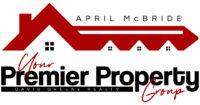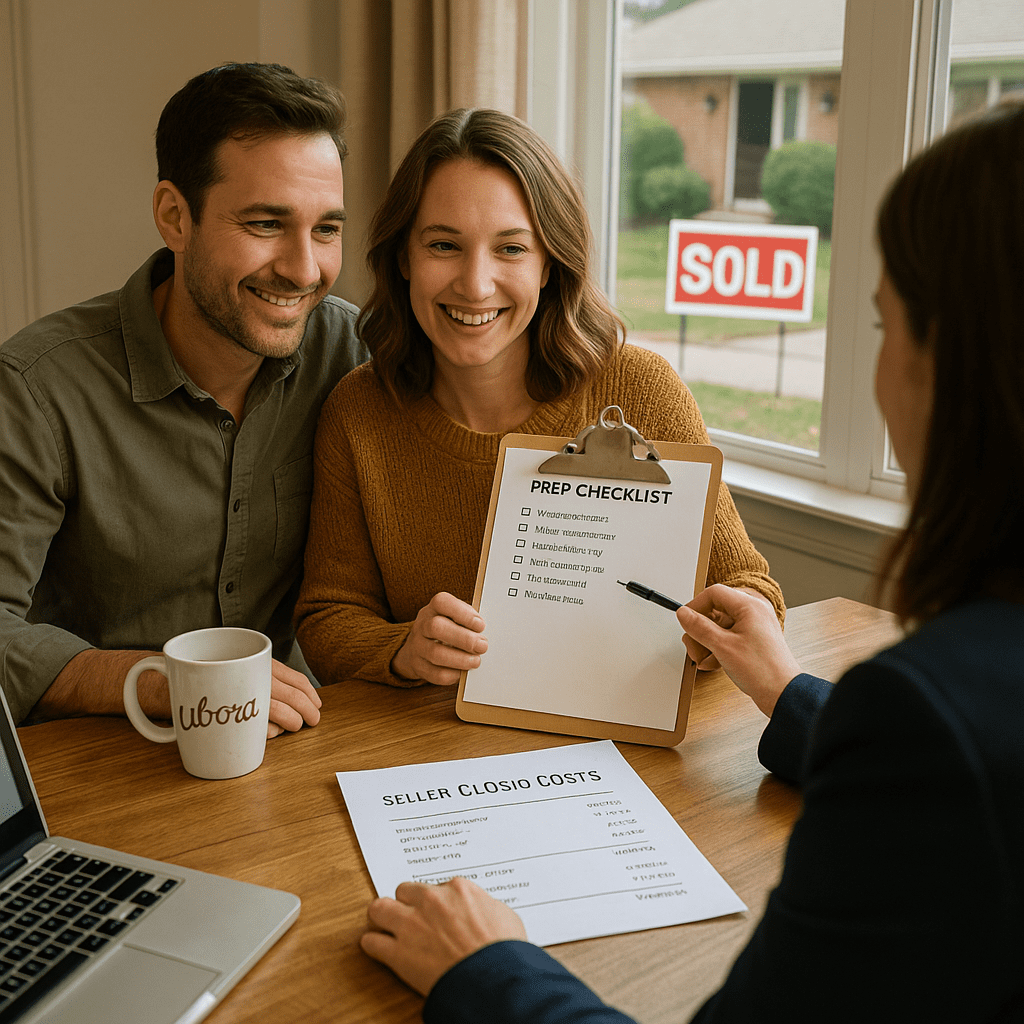It’s Not Just About the Sale Price—It’s About What You Keep
If you’re planning to sell your home in Augusta, you’re probably focused on one big question:
“How much will I make after everything is said and done?”
The truth is, selling a home comes with more costs than many homeowners expect. And if you’re not prepared, those expenses can chip away at your profit.
Let’s break down what it really costs to sell a home in Augusta in 2025.
Typical Costs When Selling Your Home
Here’s a look at the main expenses most Augusta sellers will face:
1. Real Estate Commission (5%–6%)
In Georgia, it’s common to pay 5–6% of your home’s sale price in agent commissions—usually split between your listing agent and the buyer’s agent.
📊 Example:
If your home sells for $300,000, expect to pay around $15,000–$18,000 in commissions.
💡 Worth it? Yes—especially if your agent handles pricing strategy, staging, marketing, negotiation, and keeps your deal on track.
2. Closing Costs (1%–3%)
Sellers in Augusta usually cover:
- Title fees
- Attorney fees
- Transfer taxes
- Courier and recording fees
- HOA transfer fees (if applicable)
📍 Local Insight: Some communities—like Stratford or Crawford Creek—may have HOA fees or disclosure docs required at closing.
3. Repairs or Pre-Sale Updates
You don’t have to fully renovate to sell—but small upgrades can go a long way. Common costs include:
- Touch-up painting ($300–$1,000)
- Landscaping cleanup ($250–$500)
- Pressure washing and curb appeal fixes
- Repair requests from inspection
💡 Hot Tip: In older areas like Edgewood, buyers may ask for system upgrades—roof, HVAC, electrical—if they spot issues.
4. Staging or Decluttering ($0–$2,000)
You can stage yourself or hire a pro. Either way, clean, neutral, and open spaces sell faster—and often for more.
Augusta buyers today want move-in ready. A few baskets, some neutral bedding, and a trip to Hobby Lobby off Bobby Jones Expressway can go a long way.
5. Utilities + Holding Costs (Varies)
If you move out before selling, remember:
- You’ll still pay utilities, lawn care, and home insurance
- Vacant homes can raise red flags, so keep it looking “lived-in” until closing
What You Might Get Back
You may qualify for:
- Prorated property tax credits
- Buyer-paid closing costs (especially in slower markets)
- VA loan assumptions or bonuses if the buyer is military
📍 Local Bonus: Fort Eisenhower relocations mean some buyers are working with military housing budgets—and may be more flexible on who pays what.
How to Maximize Your Net Profit
- Price it right from the start (don’t chase the market)
- Negotiate smart—not emotional
- Make affordable upgrades that matter (kitchen lighting, clean floors)
- Work with a local agent who knows which costs are negotiable
Wondering What You’d Actually Walk Away With?
Every home is different. I’ll show you a full net sheet based on your address, timeline, and condition—so you can make smart, pressure-free decisions.

